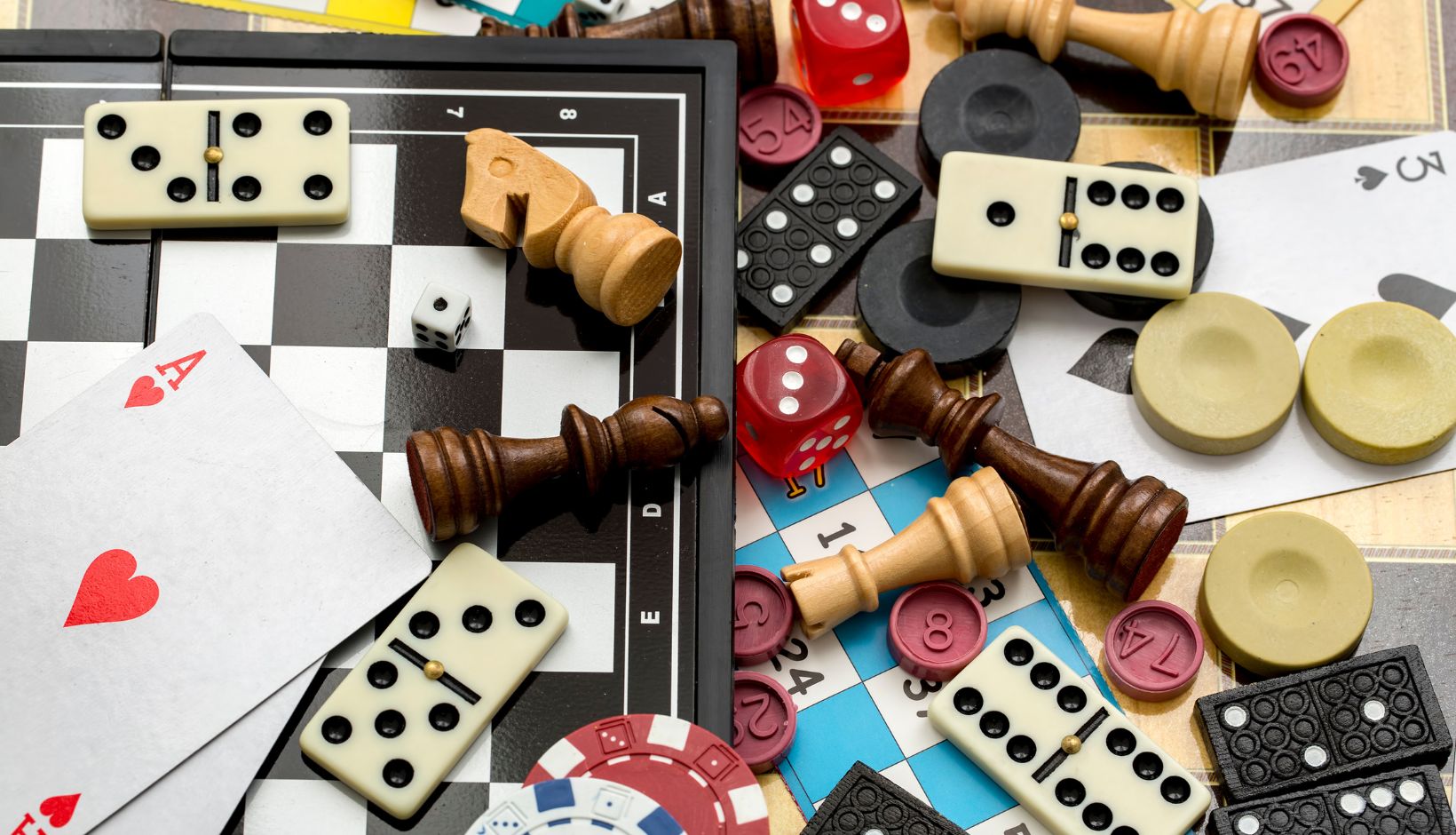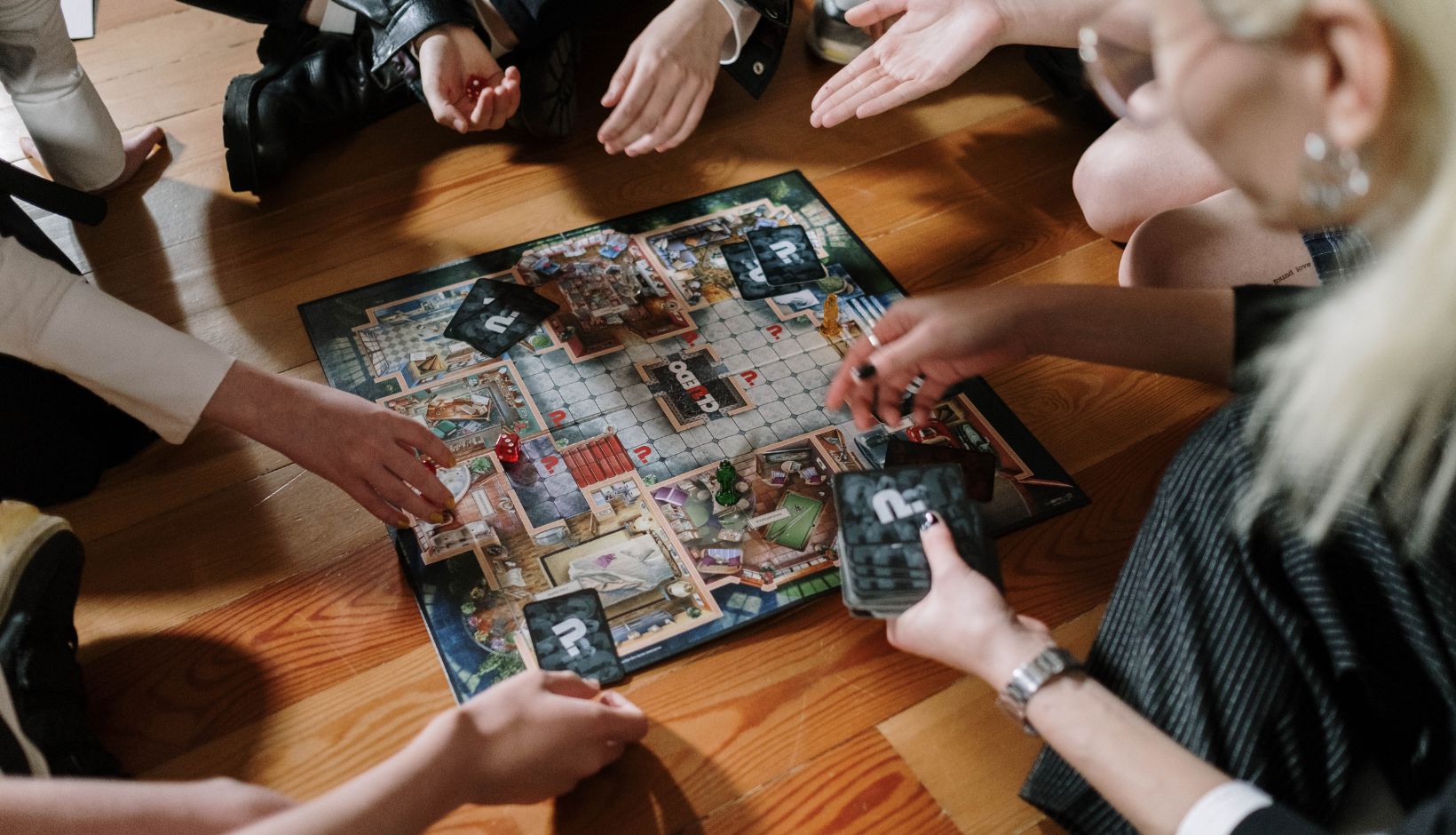Achievement in academia is not solely the product of endless study sessions and rigorous intellectual pursuits. In fact, incorporating leisure activities into one’s routine is crucial for maintaining cognitive health and ensuring academic success. Leisure activities offer a release for the pent-up stress of scholarly work, providing mental respite and rejuvenation. Keep reading to find out how play and relaxation contribute to a scholar’s success and why it’s essential to strike a balance.
The Cognitive Benefits of Leisure Activities for Academic Success
The rigorous demands of academic pursuits often lead to mental exhaustion, which can hinder cognitive functions such as memory, attention, and problem-solving. It’s here that leisure activities step in, serving as a reset button for the brain. Engaging in relaxing pastimes has been shown to improve focus and concentration upon returning to scholarly tasks, thus enhancing overall academic performance.
Leisure activities also foster the growth of new neurons and connections in the brain, a process known as neuroplasticity. This biological progress can translate into improved learning capabilities. Moreover, scholars who regularly participate in recreational activities might find themselves processing and understanding complex ideas more efficiently, owing to a well-rested mind.
Lastly, leisure pursuits can also lead to the acquisition of knowledge in an indirect manner. Activities such as reading for pleasure expand one’s vocabulary and comprehension skills, and even the seemingly frivolous act of play free slots can sharpen decision-making abilities without the stressors of real-world consequences. Thus, leisure contributes to a rounded intellectual development.
Stress Management Techniques for High-Achieving Students
High-achieving students often face immense pressure to excel, leading to harmful stress levels that can impede academic performance. To combat this, stress management techniques, such as deep breathing exercises and progressive muscle relaxation, can be implemented. These practices are proven to reduce anxiety and improve concentration, allowing students to tackle their studies with a clearer, calmer mind. If you still feel like doing something productive, while still having some downtime, you can casually research academic programs like a midwife degree if you’re in the medical field.
An integral part of stress management for scholars includes setting realistic goals and healthy boundaries. Overcommitting can be tempting, but understanding one’s limits and ensuring adequate downtime optimizes productivity and creativity. It’s essential to recognize when to take a step back and recharge to maintain a sustainable pace.
Physical exercise is another potent stress reliever, releasing endorphins which enhance mood and act as natural painkillers. Routine physical activities, be it a yoga session or a brisk walk, can significantly lower stress hormone levels. This physiological benefit can lead to reduced feelings of frustration and anxiety within the academic environment.
The Role of Hobbies in Promoting Scholarly Creativity and Innovation
Hobbies play a vital role in fostering the creative capacities that fuel innovation within academia. Engaging in activities unrelated to one’s field of study can provide a fresh perspective on familiar problems, leading to innovative solutions. When the mind is allowed to wander freely, creative insights often emerge as a result.
Particularly in fields that demand innovative thinking, hobbies can serve as catalysts of inspiration. An academic working on complex equations might find breakthrough ideas while painting, as both activities engage different parts of the brain. These cognitive shifts can give rise to connections that were previously unexplored.
Hobbies also provide an avenue for experimentation and risk-taking in a low-stakes environment. For a scholar, the freedom to fail and learn from hobbies can impart valuable lessons that translate into their professional work. This trial-and-error approach nurtures a spirit of innovation, a quality highly sought after in academia.
Playtime Isn’t Just for Kids: How Adults in Academia Benefit from Downtime
While the image of play is often associated with children, adults, specifically those engaged in demanding intellectual work, stand to gain substantially from incorporating playtime into their routines. Play stimulates the brain in dynamic ways, often invoking curiosity and joy, which are crucial for a lifelong love of learning. These emotional boosts can rekindle a passion for academia that may wane under incessant workloads.
Adult playtime, which can vary widely from creative writing to sports, creates a sense of accomplishment and pleasure outside of professional goals. This diversification of self-identity can reduce the impact of academic setbacks, as it places individual worth beyond scholarly achievements. Such a holistic sense of self contributes to a more resilient and adaptive academic.
Overall, the intersection of leisure and academia is not just beneficial but essential for scholarly success. Time spent away from the books engaging in play and stress-relieving activities can fortify the mind, inspire creativity, and foster a sustainable approach to academic excellence. Scholars who embrace this balance may find themselves achieving more with renewed vigor and a deeper sense of fulfillment.

